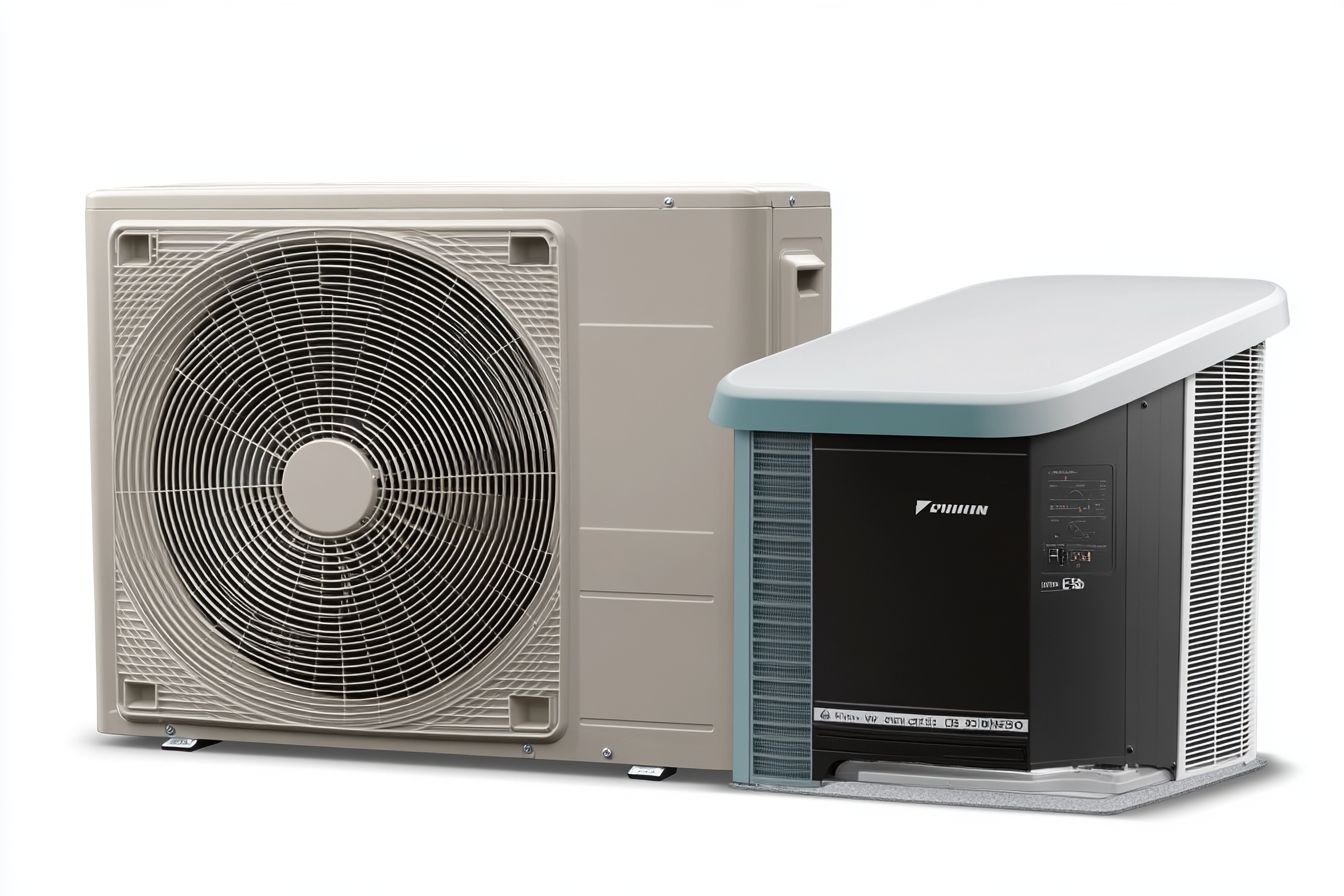Complete HVAC Services in the UK – Comfort, Efficiency & Clean Air
When it comes to keeping your home or business comfortable year-round, reliable HVAC services are essential. In the UK, complete HVAC solutions ensure not only optimal heating, ventilation, and air conditioning but also energy efficiency and clean, healthy air. Whether it’s installing a new system, maintaining existing equipment, or tackling repairs, professional HVAC services deliver comfort, cost savings, and peace of mind for every space.

Heating, ventilation, and air conditioning systems are vital components of modern buildings throughout the United Kingdom. Whether in residential homes, commercial offices, or industrial facilities, these systems work together to create comfortable, healthy indoor environments regardless of external weather conditions. With the UK’s variable climate—from cold, damp winters to increasingly warm summers—properly installed and maintained HVAC systems have become essential rather than optional. Beyond mere comfort, these systems contribute significantly to energy efficiency, air quality, and overall building performance.
What UK HVAC Services Typically Include
HVAC services in the UK encompass a comprehensive range of offerings designed to address all aspects of indoor climate control. Installation services cover everything from fitting new boilers and radiators to implementing complete ducted air conditioning systems. Most HVAC companies provide detailed consultations to determine the most suitable system based on building size, layout, insulation levels, and specific requirements. Repair services address both emergency breakdowns and routine maintenance issues across all system components, including boilers, heat pumps, air handlers, and control systems.
Beyond installation and repairs, UK HVAC providers typically offer system design services, particularly valuable for new constructions or major renovations. This involves calculating heating and cooling loads, determining optimal equipment sizing, and designing ductwork or piping layouts. Many companies now specialize in smart HVAC solutions, integrating advanced controls and automation systems that allow for remote operation, zone-based temperature management, and energy usage optimization through smartphone applications and internet connectivity.
The Importance of Regular HVAC Maintenance
Regular maintenance stands as perhaps the most critical yet often overlooked aspect of HVAC ownership. Scheduled service visits can identify potential issues before they develop into costly breakdowns, particularly during peak seasonal demand periods. In the UK, where heating systems face significant strain during winter months, preventative maintenance can be the difference between reliable warmth and emergency repair situations during the coldest days of the year.
A comprehensive maintenance program typically includes inspection of all major components, cleaning of filters and coils, checking refrigerant levels in cooling systems, testing electrical connections, and calibrating thermostats. For gas heating systems, safety checks are particularly important, ensuring proper combustion and venting to prevent carbon monoxide risks. Data shows that well-maintained HVAC systems can last 5-10 years longer than neglected ones, representing significant long-term savings for property owners. Additionally, regular servicing helps maintain manufacturer warranties, which often require documented annual maintenance to remain valid.
Energy Efficiency: A Key Consideration
Energy efficiency has become a central focus in the HVAC industry, driven by rising energy costs and increasing environmental awareness. Modern HVAC systems offer significantly improved efficiency compared to older models, with advancements in technology providing better performance while consuming less energy. Heat pumps, for instance, have gained popularity in the UK market as they can provide both heating and cooling while using substantially less energy than traditional systems.
Building regulations in the UK have progressively raised minimum efficiency standards for HVAC installations, encouraging the adoption of high-efficiency equipment. Beyond equipment selection, proper system design plays a crucial role in efficiency, ensuring that systems are correctly sized and configured for the spaces they serve. Oversized systems, once common in the industry, waste energy through short-cycling, while undersized systems struggle to meet demand and operate continuously at maximum capacity.
Indoor Air Quality Solutions
Indoor air quality has received increased attention in recent years, particularly following heightened awareness of airborne contaminants. HVAC systems play a vital role in maintaining healthy indoor environments through filtration, ventilation, and humidity control. Modern systems can incorporate advanced filtration options, including HEPA filters that capture particulates as small as 0.3 microns, effectively removing allergens, dust, and many airborne pathogens.
Mechanical ventilation systems, particularly those with heat recovery capabilities, provide fresh air exchange without significant energy losses. These systems are especially important in well-insulated, airtight modern buildings where natural ventilation may be limited. Additionally, dedicated humidity control through dehumidifiers or humidifiers can prevent issues related to excessive moisture (mold growth, dust mites) or overly dry air (respiratory irritation, static electricity).
Sustainable HVAC Technologies
The push toward sustainability has transformed the HVAC landscape in the UK, with numerous technologies emerging to reduce environmental impact. Air source and ground source heat pumps offer renewable heating and cooling solutions that can significantly reduce carbon emissions compared to fossil fuel systems. Solar thermal systems can supplement conventional water heating, while photovoltaic panels can offset the electricity consumption of HVAC equipment.
Heat recovery ventilation systems capture thermal energy from exhaust air and transfer it to incoming fresh air, reducing heating demands while maintaining air quality. Variable refrigerant flow (VRF) systems provide highly efficient operation by adjusting refrigerant flow based on demand, making them increasingly popular in commercial applications. For existing buildings, retrofitting with modern controls, insulation improvements, and zoning capabilities can substantially improve efficiency without complete system replacement.
HVAC System Costs and Provider Comparison
The cost of HVAC systems varies significantly based on system type, capacity, efficiency rating, and installation complexity. For residential applications, a typical gas boiler replacement might range from £2,000 to £3,500 installed, while a complete air source heat pump system could cost between £8,000 and £14,000. Commercial systems scale upward depending on building size and requirements, with large installations potentially reaching six-figure investments.
| System Type | Typical Cost Range | Annual Running Cost Estimate | Average Lifespan |
|---|---|---|---|
| Gas Boiler | £2,000-£3,500 | £500-£1,500 | 10-15 years |
| Air Source Heat Pump | £8,000-£14,000 | £400-£1,200 | 15-20 years |
| Ground Source Heat Pump | £14,000-£25,000 | £300-£1,000 | 20-25 years |
| Air Conditioning (Split System) | £1,500-£3,000 per unit | £200-£500 | 10-15 years |
| Mechanical Ventilation with Heat Recovery | £4,000-£8,000 | £50-£100 | 15-20 years |
Prices, rates, or cost estimates mentioned in this article are based on the latest available information but may change over time. Independent research is advised before making financial decisions.
When selecting an HVAC provider, considerations beyond price include experience, certifications, warranty offerings, and after-installation support. Reputable companies should hold relevant qualifications such as Gas Safe registration for heating systems or F-Gas certification for refrigerant handling. Many providers offer service contracts that include regular maintenance visits, priority emergency response, and discounted repairs.
The HVAC industry continues to evolve with technological advancements and changing environmental standards. Modern systems offer unprecedented levels of comfort, efficiency, and control, but realizing these benefits requires proper selection, installation, and maintenance. Whether upgrading existing equipment or designing systems for new construction, consulting with qualified HVAC professionals remains essential for achieving optimal results in the UK’s unique climate conditions.




